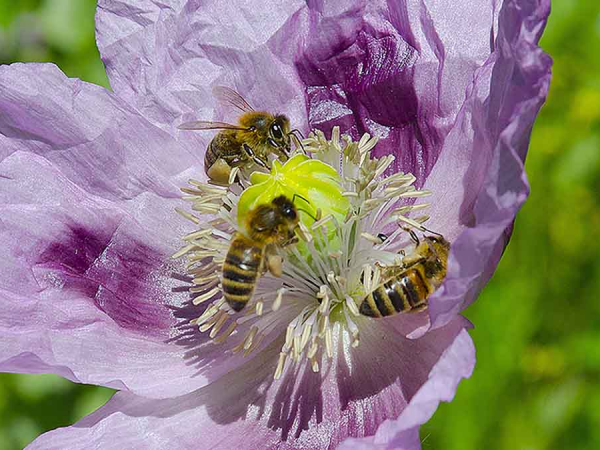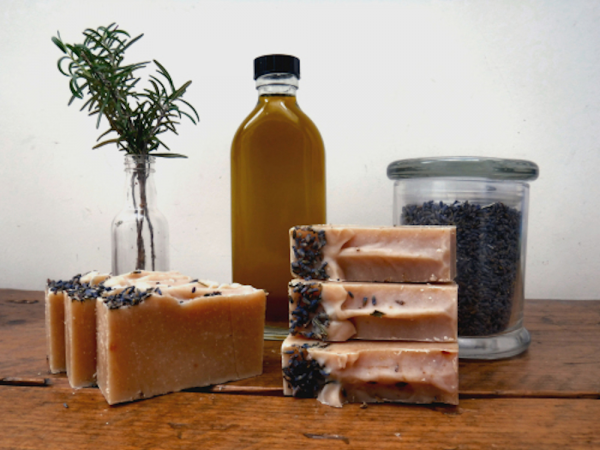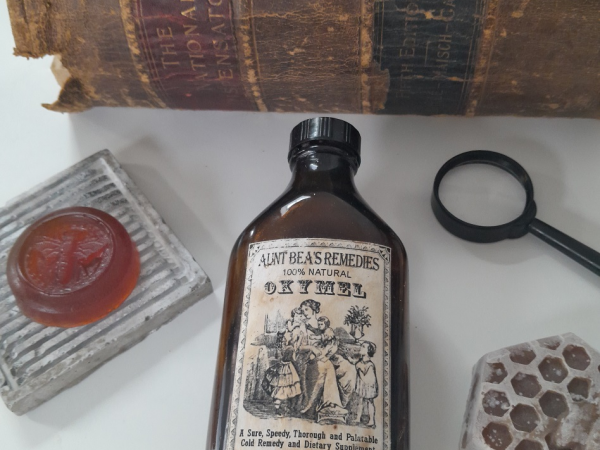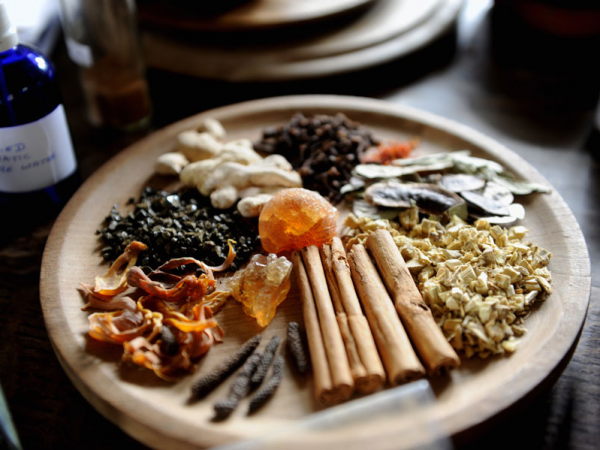Events
 Beekeeping for beginners
Saturday 02 August 2025
On this introductory day, you will have the opportunity to learn about types of bees and how they live and bee friendly flowers. You will see different...
Beekeeping for beginners
Saturday 02 August 2025
On this introductory day, you will have the opportunity to learn about types of bees and how they live and bee friendly flowers. You will see different...
Saturday 02 August 2025
On this introductory day, you will have the opportunity to learn about types of bees and how they live and bee friendly flowers. You will see different types of beehives and their component parts and discuss where you can (and can’t) keep bees. There will be an introduction to honey bee management and the beekeeping year, including the issues of swarming, pests and diseases as well as the honey crop and other hive products. Also discussed will be the cost and time commitments as well as the risks and responsibilities to keeping bees, to enable you to make an informed decision as to whether this is a craft you wish to pursue. This day will not include visits to live bees, but will be supported by extensive pictorial material.
Book now Honey & Beeswax: Super Natural Formulations
Saturday 27 September 2025
Learn to make cosmetics containing natural honey and beeswax. You do not need special equipment and can make these recipes in your kitchen. Dr Sara Robb...
Honey & Beeswax: Super Natural Formulations
Saturday 27 September 2025
Learn to make cosmetics containing natural honey and beeswax. You do not need special equipment and can make these recipes in your kitchen. Dr Sara Robb...
Saturday 27 September 2025
Learn to make cosmetics containing natural honey and beeswax. You do not need special equipment and can make these recipes in your kitchen. Dr Sara Robb will demonstrate how to make All Natural Beekeeper's Soap with Rose and Lavender using her no-cure method. Made with honey and beeswax and topped with petals, this beautiful bar is safe to use the same day it's made. We will also make Honey Hand Cream with Raspberry Seed Oil, a non-greasy emulsion, to keep your hands in tip-top condition. Super Serum with Honey and Hyaluronic Acid, our final product, is a fantastic facial product made with raw honey. Come along and make your own Super Natural Formulations.
Book now History of Bee Products in Pharmaceuticals and Cosmetics
Sunday 28 September 2025
Honey and beeswax have played an integral role in the history of pharmaceuticals prepared by medics and chemists. This workshop with Dr Sara Robb will...
History of Bee Products in Pharmaceuticals and Cosmetics
Sunday 28 September 2025
Honey and beeswax have played an integral role in the history of pharmaceuticals prepared by medics and chemists. This workshop with Dr Sara Robb will...
Sunday 28 September 2025
Honey and beeswax have played an integral role in the history of pharmaceuticals prepared by medics and chemists. This workshop with Dr Sara Robb will explore how bee products serve as substrates and active ingredients in early medicines. Examples of these products will be examined, including wax plasters and historic skin treatments. We will discuss the miraculous case of Thomas Marigold, a Londoner "cured" from leprosy by a blend of olive oil, honey and beeswax called cerate. These early pharmaceuticals were precursors of the products we know as cosmetics and many are still available on the shelves today. Learn to make a few of these formulations, including a dietary supplement called oxymel, the honey cerate Mr Marigold used, and a historic skin cream.
Book now



